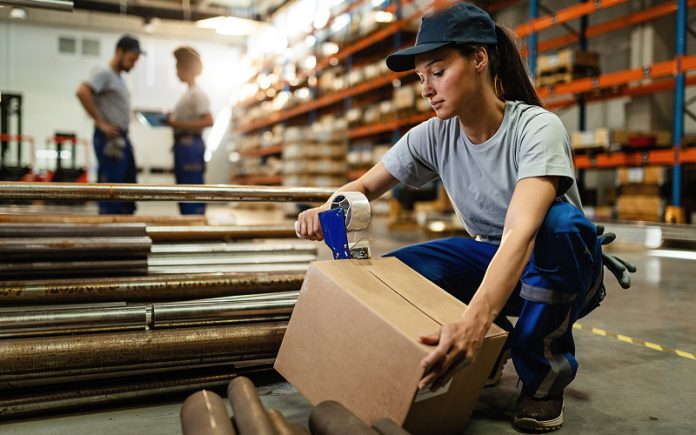Once businesses think of customs compliance, the focus often lies on paperwork, tariffs, and regulatory codes. Yet, the less obvious factor is the packaging itself. The way goods are boxed, labelled, and prepared for inspection can make the difference between smooth clearance and costly delays. Understanding how wholesale carton box and sourcing industrial packing supplies tie into customs requirements is critical for companies maintaining cross-border efficiency, especially in Singapore, where trade routes are heavily regulated.
Why Packaging Matters in Customs Clearance
Customs officers do not only inspect documents but also evaluate how goods are presented. Damaged, irregular, or non-compliant packaging raises red flags, leading to checks that slow down the entire supply chain. Cartons that fail to meet size, strength, or labelling standards may result in penalties or repacking costs, particularly when discussing businesses exporting from Singapore to Malaysia or importing from China. Wholesale cartons designed with compliance in mind—uniform sizes, reinforced strength, and space-efficient structures—reduce these risks significantly. Proper packaging is not just a logistics concern; it is part of regulatory compliance.
Standardisation in Carton Box Wholesale
Uniformity in carton boxes has a direct role in customs efficiency. Wholesale suppliers often provide standardised cartons that align with international freight and container dimensions. This standardisation helps avoid inconsistencies that could complicate inspection or handling. For example, oversized cartons may not fit into standard cargo pallets, creating bottlenecks during customs checks. Conversely, underfilled boxes often raise concerns about product misdeclaration. Bulk purchasing from carton box wholesale suppliers allows firms to adopt a consistent packaging format that reduces the likelihood of shipment disputes and strengthens their customs readiness.
Industrial Packing Supplies and Product Declaration
Another overlooked aspect of compliance is the use of industrial packing supplies, such as cushioning materials, stretch films, and tamper-proof seals. These are not merely protective; they serve a role in ensuring accurate product declaration. Customs officers often need to verify product condition and authenticity. Once goods are inadequately protected and arrive damaged, officers may question whether the declaration matches the shipment. Using industrial-grade supplies ensures that goods remain intact during transit, avoiding discrepancies that could trigger additional inspection or rejection.
Labelling and Traceability Requirements
Cartons are also carriers of critical information. Customs authorities often require clear labelling with product codes, origin details, and handling instructions. Wholesale cartons that allow for pre-printing or easy application of compliance labels help businesses meet these requirements without last-minute adjustments. Poorly labelled cartons can cause confusion, especially in bulk shipments where thousands of boxes may pass through checkpoints. Proper labelling supported by quality carton surfaces ensures traceability, a factor increasingly critical as customs authorities adopt digitalised tracking systems.
Risk Mitigation Through Packaging Choices
Non-compliance at customs translates into delays, storage fees, and reputational damage. Many businesses underestimate how carton choice can mitigate such risks. Reinforced cartons for fragile goods, moisture-resistant cartons for perishable items, and tamper-evident packaging all contribute to reducing customs-related complications. Companies can align their packaging strategy with compliance requirements from the start, rather than treating it as an afterthought, by working closely with carton box wholesale suppliers who understand cross-border regulations.
Conclusion
Cartons and packing supplies may seem like minor elements in the global trade system, but their role in customs compliance is far from insignificant. Businesses operating in the city-state’s export-driven economy must view wholesale carton box and industrial packing supplies as compliance tools, not just cost factors. Proper packaging reduces inspection risks, speeds up clearance, and ensures that supply chains operate without unnecessary interruptions. Remember, in cross-border trade, the box that carries the product can be as important as the product itself.
Contact Packink and ensure your shipments never get delayed at the border.






